I'm a long-time iPhone owner, but I rarely use Apple Intelligence - here's why
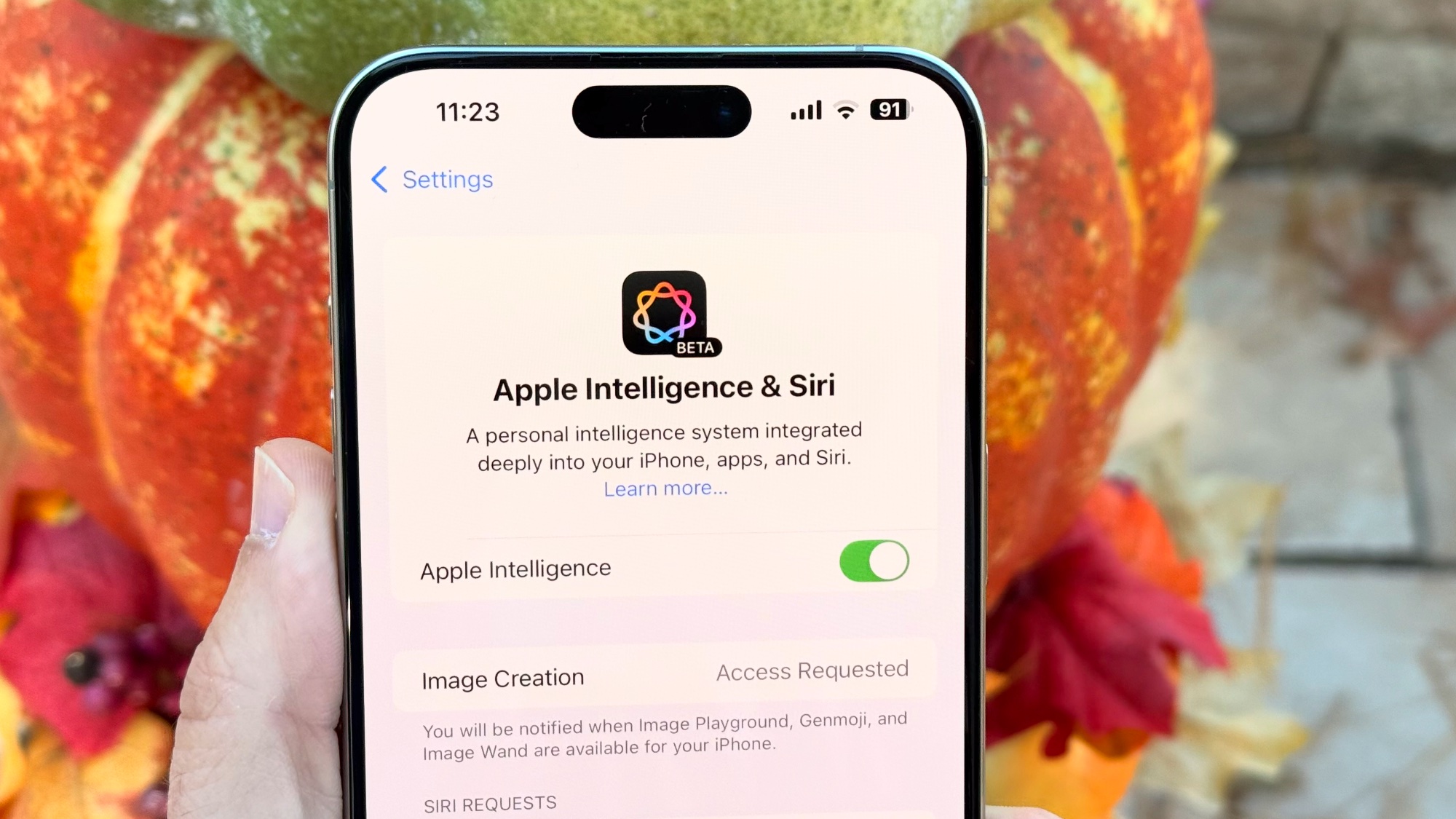
It's an occupational hazard that I have a lot of phones on hand for testing and comparison purposes, so I'm spoiled for choice when it comes to picking which device I use for my day-to-day operations. I'm an iPhone user by inclination, so that means I get to pick from an array of Apple devices from more recent models dating back all the way to the iPhone 12.
And I have to confess; I haven't been tempted to switch to any of the iPhones capable of running Apple Intelligence features.
Mind you, I've used those phones. I write a lot of different articles about Apple Intelligence capabilities — explainers, how-tos, comparisons with the AI tools on other phones — so it's not like I'm unfamiliar with what an AI-capable iPhone can do. But after testing out all those capabilities, I've found that none of them have inspired me to migrate all the photos and personal data I keep on my regular iPhone over to a new model.
I think that's a problem for Apple.
The state of Apple Intelligence
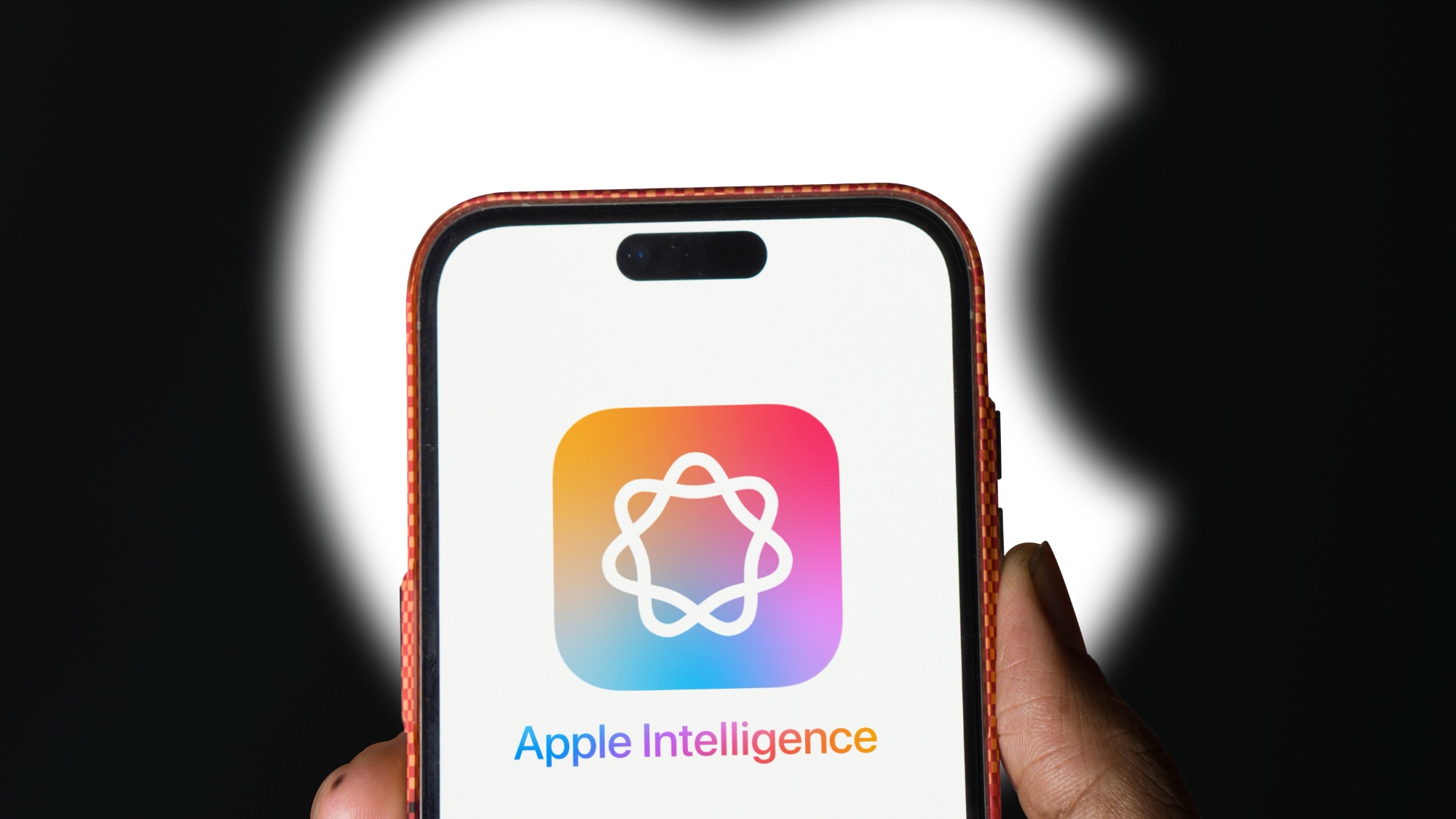
Look, I'm sure that Apple Intelligence is motivating some people to upgrade to a new iPhone. Apple certainly believes that it does, with Tim Cook telling analysts earlier this year that the iPhone 16 models sell better in markets where Apple Intelligence is available. And that's good news for Apple because the iOS 18.4 update arriving in April adds support for more languages, meaning people in more countries are going to have cause to switch to new hardware.
If Apple Intelligence is what's going to get you to upgrade your iPhone or if you've already switched and find the AI tools to be an essential part of your workflow, I'm not here to quarrel with you. Plenty of my Tom's Guide colleagues have embraced Apple Intelligence.
But speaking just for me and my experience with what Apple's delivered so far, I often find that I need to remind myself that I have access to a phone that supports Apple Intelligence. And that gets to the heart of the complaint I have with the current status of Apple's AI efforts.
Apple Intelligence is simply not essential. Not for me, anyhow.
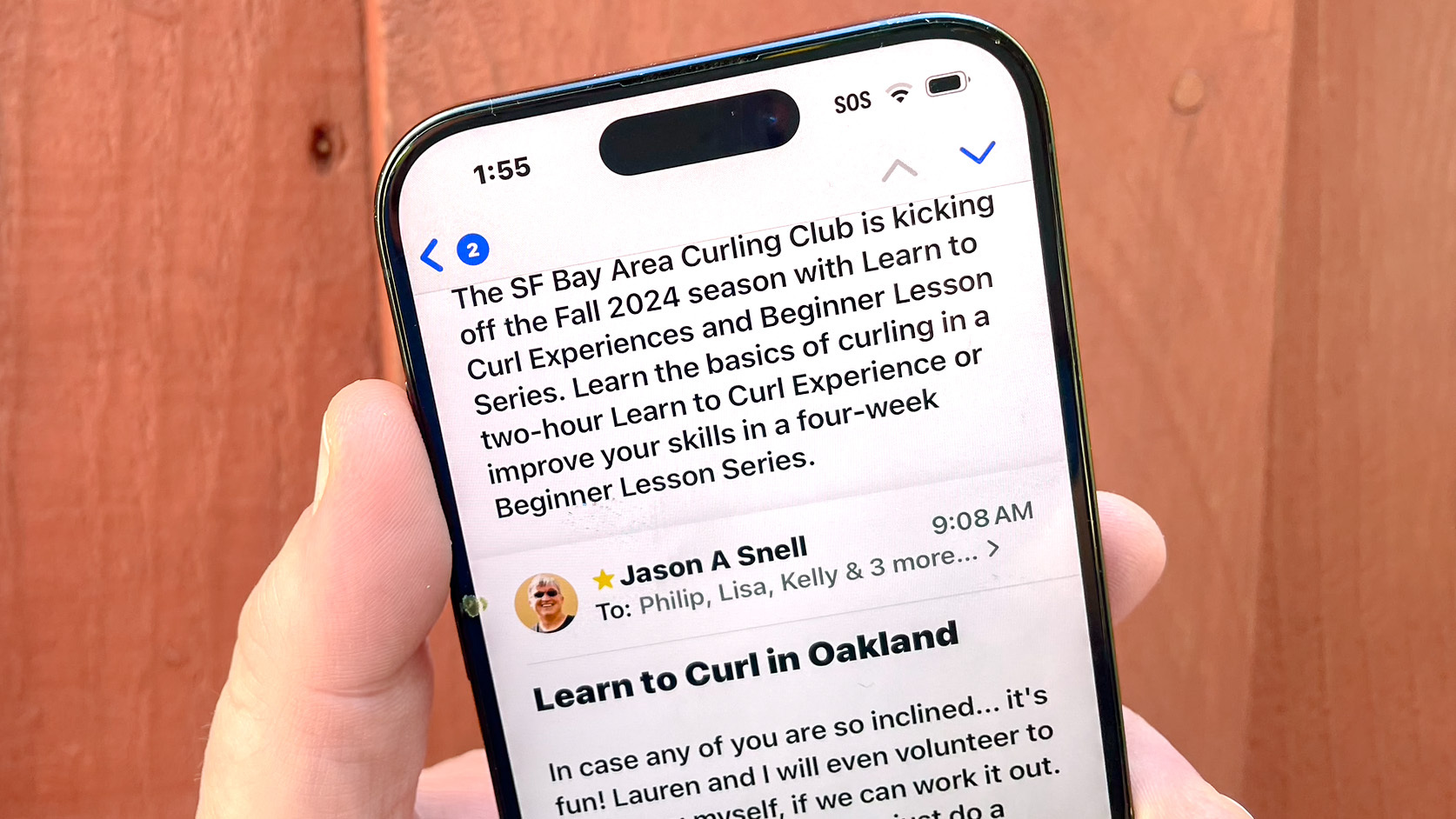
That's not to say I don't find some additions useful. I find the summary tool Mail to be helpful for condensing long email threads into digestable takeaways. In fact, I wish all the summary features that Apple Intelligence provides were as polished — looking at you, notifications summaries.
Visual Intelligence has been a great addition to the iPhone's toolkit, especially with the iOS 18.4 update bringing the feature to iPhone 15 Pro models. Just the other day I was out and about when I came across a poster with information that I wanted to capture and convert into a calendar item — it may have been the first time I wished that I had an iPhone 15 Pro on me instead of my otherwise reliable iPhone 12.
But the other Apple Intelligence additions, as nice as they are, don't have that same effect. And there are a lot more easily dismissed Apple Intelligence tools than there are ones that I find truly useful.

Image Playground is too limited at this point in both the styles you can create images in and what you can do with the finished product. Memory Movies is cool enough, but the end result of my text prompts doesn't produce anything more compelling than the slideshows auto-generated by the Photos app without my intervention.
And then there are the Apple Intelligence features I'm actively hostile toward. As I never use regular emojis, I can't possibly think of a situation where I'm going to need to generate an original emoji with text prompts. And the day I require an AI model in the form of Writing Tools to help me write something is the day I pack it in professionally.
AI on other phones
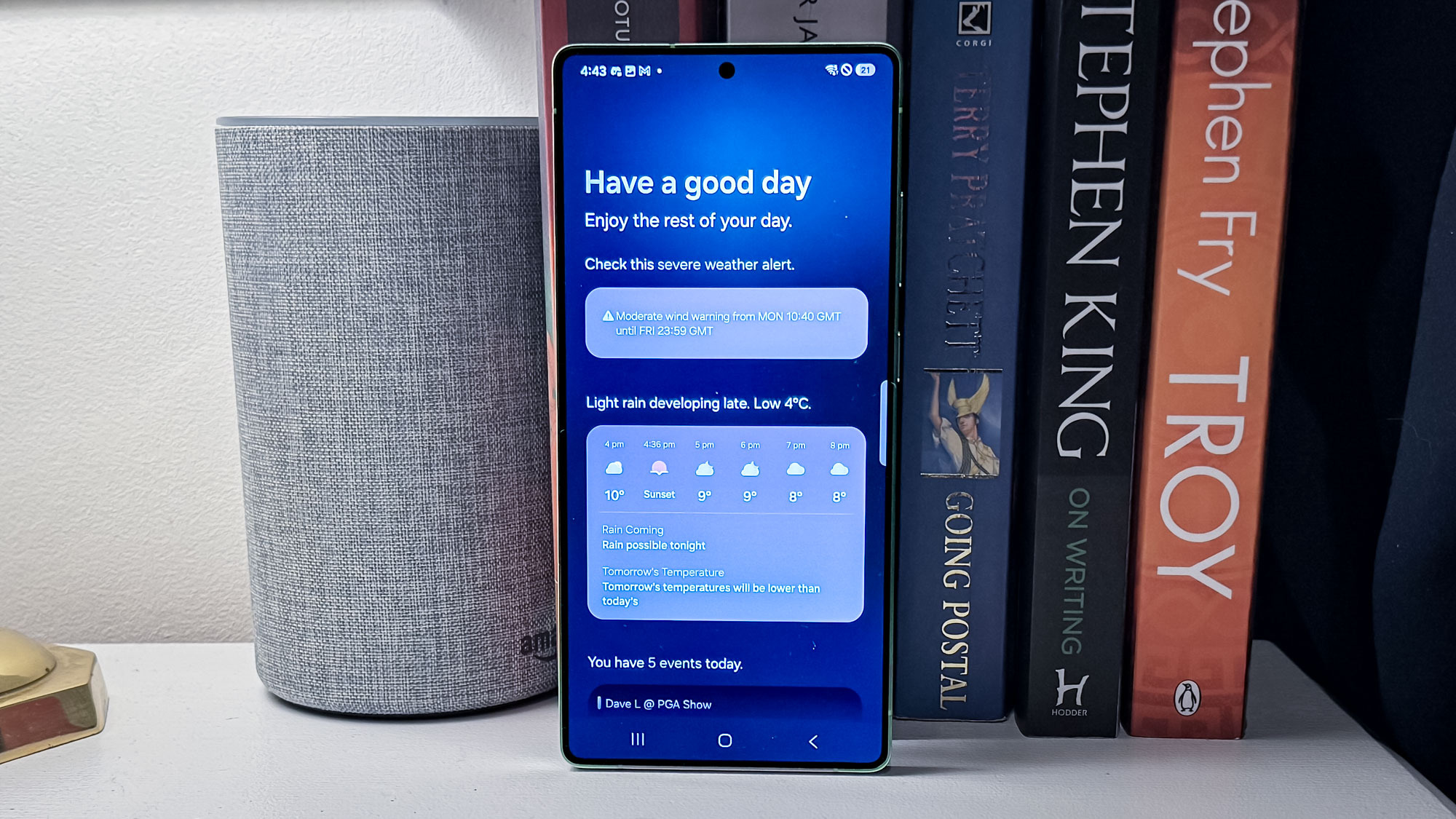
To be fair to Apple, this isn't necessarily an Apple Intelligence issue — it's a challenge all phone makers face as they roll out new AI features that deliver varying degrees of value.
AI-powered writing tools on other phones are no better in my estimation and a lot of image generation features seem like the kind of party tricks I'd quickly grow bored of in the absence of any practical use case.
I think all phone makers — Apple included — need to spend less time thinking up variations on the same AI tools, and more time explaining how these are going to make my experience using the phone any better.
That said, there are AI capabilities on Google and Samsung phones that are a lot more polished than what Apple Intelligence has to offer, as well as a lot more essential to how I use my phone.
Google's image editing tools under the Magic Editor rubric set the standard for everyone else, and I've long been a fan of how its Recorder app can transcribe and now summarize recordings.
The latest Galaxy AI additions on the Galaxy S25 are even more promising, in that you can now ask the Gemini assistant on board the phone to perform multiple actions across different apps. Yes, it's limited to Samsung's own apps and a handful of third-party offerings, but it's a good start.
Likewise, the Now Brief feature on the Galaxy S25 has a lot of promise, if it can leverage the Personal Data Engine on board the latest Samsung flagships to learn more about you and adjust its recommendations and actions accordingly. That's the sort of thing that figures to get better over time, but it's the kind of AI that, if it works as advertised, makes it much easier to use your phone.
Siri to the rescue?
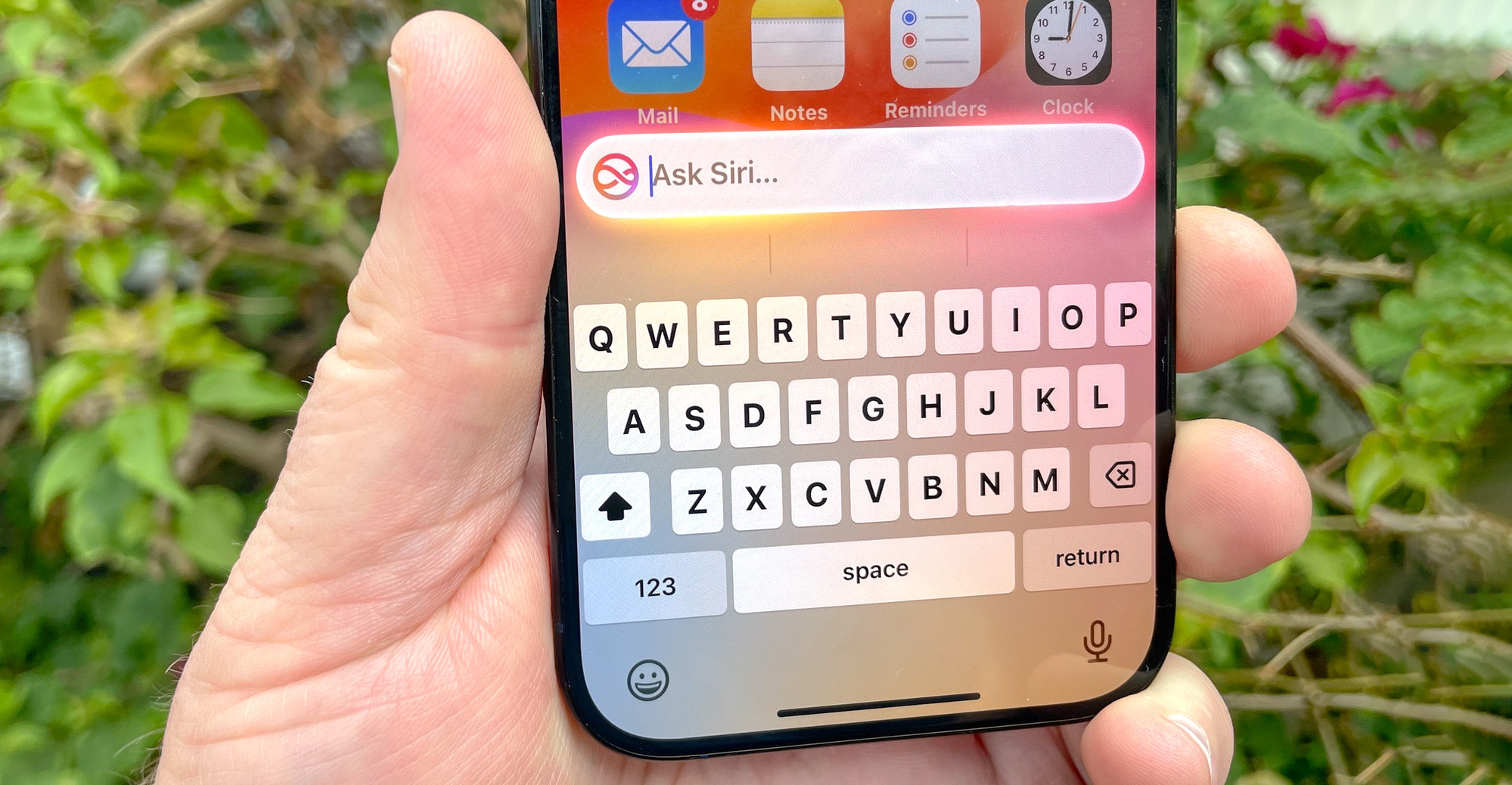
That's what Apple was trying to do with the Siri revamp that was meant to be part of the Apple Intelligence rollout. If you go by what Apple told us at last year's WWDC preview for iOS 18, by this time, we were supposed to be having Siri work across multiple apps on our phones, understand the context on our screens and even have more natural conversations.
Those features are being delayed and won't appear as part of iOS 18. In fact, they may not even be part of the initial iOS 19 release, with some reports suggesting a more intelligent Siri may not be ready until 2026.
While that's certainly frustrating — for Apple as much as anyone mulling an upgrade to an Apple Intelligence-ready iPhone — it's also an opportunity for Apple's AI efforts to come good in the long term. Genmoji and Writing Tools may not rock my world currently, but a truly useful digital assistant who understands what I've asked for and even anticipates what I need? That's an AI improvement, I can get behind.
So I'm not about to write off Apple Intelligence just yet. If Apple's going to push back its Siri improvements, I hope that it takes the time to really deliver on the promise of an improved digital assistant. That's the kind of real-world change that would get me to reach for an Apple Intelligence-ready phone without having to remind myself to do it.
More from Tom's Guide
Sign up to get the BEST of Tom's Guide direct to your inbox.
Get instant access to breaking news, the hottest reviews, great deals and helpful tips.
Philip Michaels is a Managing Editor at Tom's Guide. He's been covering personal technology since 1999 and was in the building when Steve Jobs showed off the iPhone for the first time. He's been evaluating smartphones since that first iPhone debuted in 2007, and he's been following phone carriers and smartphone plans since 2015. He has strong opinions about Apple, the Oakland Athletics, old movies and proper butchery techniques. Follow him at @PhilipMichaels.
You must confirm your public display name before commenting
Please logout and then login again, you will then be prompted to enter your display name.

